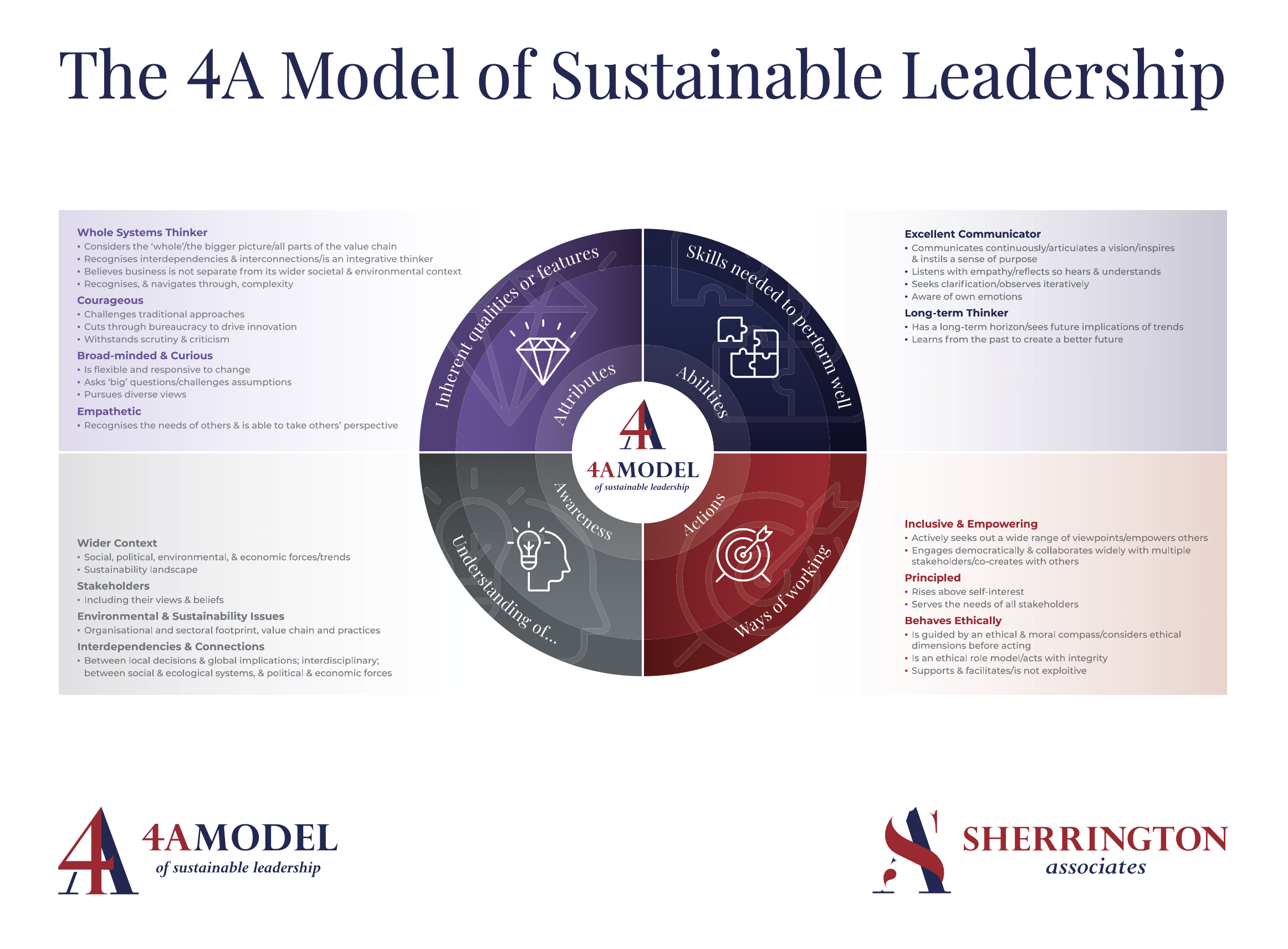I have no special talents, I am only passionately curious
Albert Einstein
Without curiosity, leaders will not be sustainable. They will tend to be superficial in their thinking and unable to keep pace with the rapidly changing world. A curious leader embraces innovation and stays up to date with new technologies, trends and developments, including evolving environmental changes. Being adaptable to our rapidly changing world is crucial in sustainable business.
Asking why can come across as intrusive, or even seen as rude, but gaining deeper insights into our organisations, people and markets is the driving force of creative change. Curious leaders seek out and embrace new ideas, leading to innovative solutions for sustainability challenges. They explore diverse fields and perspectives, and inspire creative approaches to problems like resource management, waste reduction, and energy efficiency. Curious leaders are more likely to base their decisions on a comprehensive understanding of issues, leading to more ethical and informed choices. In sustainability, this is particularly important as decisions often have far-reaching social and environmental consequences.
In such a complex and multi-faceted field such as sustainability, curious leaders need to be committed to lifelong learning, continually expanding their knowledge and understanding of the many interconnected sustainability issues, encompassing environmental, social, and economic dimensions. A curious leader is driven to ask questions, dig deeper and explore various angles before arriving at a solution, they are more likely to succeed in tackling complex, systemic problems and their thorough approach enhances problem-solving capabilities.
A curious leader is invested in understanding the perspectives and concerns of all stakeholders, including employees, customers, communities, and investors. This empathy and engagement can build stronger, more trusting relationships and ensure that sustainability initiatives are aligned with stakeholder expectations. They foster a culture of curiosity within their organisation, inspiring employees’ to think creatively and seek out new ways to contribute to sustainability goals. By modelling curiosity, these leaders influence their teams to be more open-minded and innovative, driving a collective effort towards sustainable practices.
A curious leader is often more visionary looking beyond immediate challenges to consider long-term impacts and opportunities. This foresight is critical in sustainability, where actions today can have significant implications for the future. They demonstrate resilience and agility in the face of setbacks or failures, viewing challenges as opportunities to learn and grow rather than insurmountable obstacles. This mindset fosters agility, enabling leaders and their organizations to pivot and adapt as needed.
Being a curious leader doesn’t just benefit you, it fosters a team with more resilience, empathy and creativity. A curious leader has a deeper understanding of their organisation and consider how it interacts with its surrounding societal, environmental and economic systems, making sense of this complex landscape to turn sustainability in to a competitive advantage.
At Sherrington Associates, we recognise how essential sustainable leadership is to the success of an organisation. We use our 4A Model as a framework for assessing leadership candidates throughout the recruitment process. This helps us understand the candidate’s potential for developing a lasting culture of sustainable leadership.
To learn more about our services, talk to our team…
Culture Diagnostics & Values Assessments
Sustainable Leadership Consulting






